10 Reasons Why TV Is a Better Venue for the X-Men Than Film
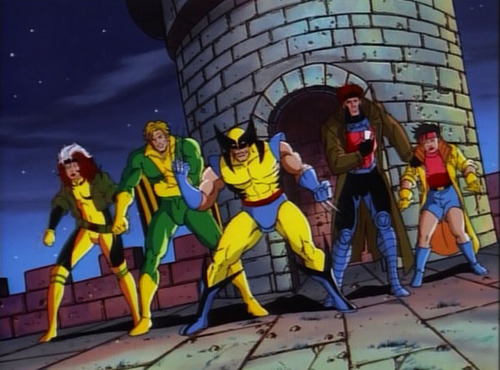 |
The X-Men hold a special place in the hearts of many fans that grew up in the ’90s, myself included, owing in no small part to the wild popularity of the animated series, which ran from 1992 to 1997. The large cast of characters, colorful world and epic adventures set a tone that the darker, more serious FOX movies stayed far away from. For the early 2000s, giving the X-Men a twenty-first century makeover was probably the right move, but in the current comic book movie landscape, there couldn’t be a better time for our favorite mutants to get back in touch with their serial roots.
On the back of recent talks that put FOX and Marvel at the negotiating table over the prospect of a live action X-Men TV series, here are a few reasons why going down this road may be the best thing to happen to Xavier and his gifted youngsters in the history of X-Men media.
10. The FOX Movies have Crappy Effects Already
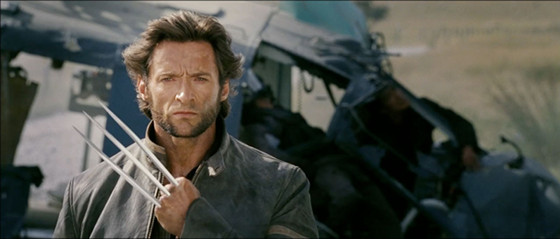 |
I can forgive Bryan Singer’s original X-Men movie; for all the complaints of its sparing use of optic blasts and ridiculous CGI Wolverine stand-in during the final battle atop the Statue of Liberty, Singer was reportedly working with a very tight budget and still managed to put together a good narrative that worked for comic book fans and general audiences alike.
I’m far less forgiving, however, of subsequent X-Men effects blunders, such as the cartoon-like claws Wolverine sports in his 2009 solo outing, the creepy, doll-like CGI visages of Professor X and Jean Grey in The Last Stand and the CW-quality effects shots from 2011’s First Class.
FOX is a huge studio; they produced Avatar, one of the most spectacular-looking movies of all time … and everything X-Men from 2000 to last year’s Days of Future Past looks like the filmmakers are just discovering computer graphics.
Despite general belief to the contrary, the X-Men won’t suffer much from a special effects standpoint by making the transition to the small screen. Hell, maybe the show runners will get more creative with a more compressed budget. Then again, maybe we’ll just be in for a lot less action.
9. A TV Series Can Do Justice to a Bigger Cast
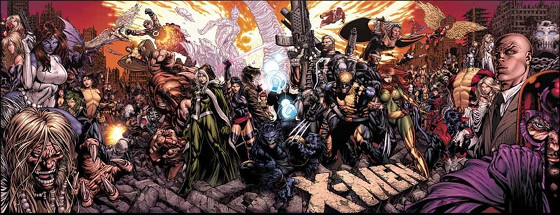 |
For every marvelously juggled scene in 2014’s Days of Future Past, there are several equally awful scenes from other X-Men films that attempted to put butts in seats by teasing the appearances of virtually every mutant from the comics history of the team. Everyone from Gambit to Blob to Silver Fox has been featured in the lesser entries in the movie series, and most of them have been nothing more than glorified cameos.
A TV version of the X-Men would not only take the pressure off of the creators to rush the appearances of complex and badass mutants, it would also give them breathing room to flesh them out when they finally do appear.
Quicksilver has one of the best scenes of any X-Men movie to date, but that’s about all he has to do; he’s essentially a prop unto himself, not a thinking, feeling character, but rather an excuse for an admittedly fantastic set piece. Toss him in a regular series, and you’ve got a character fans can sink their teeth into, and who can still provide occasional jolts of adrenaline through his powerful displays.
The X-Men have a huge roster and a huge rogues gallery. We want to see them all, but we want to see them all done well, or not at all.
8. A Rotating Roster, Multiple Teams and Multiple Shows
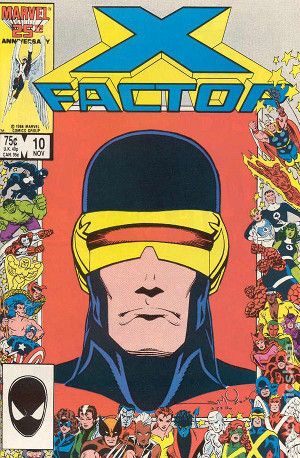 |
The recent success of Marvel’s Daredevil series on Netflix has opened the door for street-level compatriots such as Jessica Jones, Luke Cage and Iron Fist to join the fray down the road. The X-Men, if successful on TV, could follow suit and then some.
Starting off with a small, core team – whether they’re original founding members from the comics or not – allows room for organic growth. The aforementioned depth of the roster allows team leaders and show runners alike to swap out characters either through retirement, death or drama-filled hiatuses, paving the way for newbies to fill vacant roles.
Not only can the core X-Men team have a rotating and expanding roster, but offshoots of the team could bleed into their own spinoff series, much like the CW has done with Arrow, The Flash and the upcoming Legends of Tomorrow. The X-Men comics history is littered with various X-teams just waiting for their time in the sun, and while it’s unlikely we’ll see them all on the big screen, there’s no telling how well the New Mutants, X-Factor or X-Force could play in living rooms if they adopt unique tones and identities without losing that core mutant flavor.
What’s more, these teams could come together for big, miniseries tie-ins, and team members could be switched in and out as the plots and ratings demand.
7. TV Is a Great Environment to Develop Enemies from Within
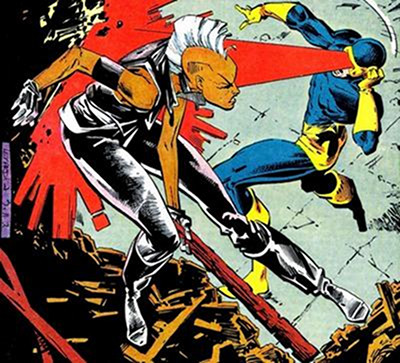 |
The Brotherhood of Evil Mutants is a bit of a misleading name, as not all of its members were born psychopaths and miscreants. In fact, many of them are lashing out at humanity due to persecution and personal hardships, making them far more sympathetic than your typical comic book villain of the week.
Some of the X-Men’s staunchest enemies have waffled back and forth between the villain, hero and decidedly neutral roles throughout their publication histories, and much of it felt organic to the plot because of the complexity of the subject matter.
Cyclops and Storm nearly killed one another when they fought for the right to lead the X-Men at one point in time, and neither of them has ever really been classified as a villain. All of mutantkind forms a sort of collective brotherhood, hence the moniker adopted by Magneto’s rogue band of misfits, but brothers and sisters fight, and when they have the power to topple mountains and decimate populations, those fights are bound to get a little raucous from time to time.
Rather than rushing to inorganic fights between fan favorite X-Men, however, a TV series can use strong writing and subtlety to lay the groundwork for these squabbles to mean as much or as little to the overall plot as they want.
6. External Villains Get Extensive Character Development
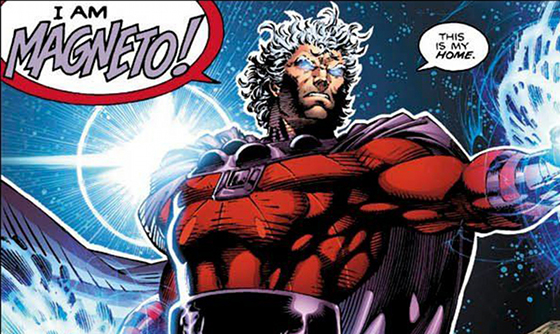 |
I have long maintained that Magneto is not only the greatest X-Men villain of all time, but also the greatest comic book villain we’ve ever seen. He’s intelligent, driven and possessed of a sense of righteousness that doesn’t make apologies and doesn’t seek forgiveness. At times, he’s even been an admirable figure to readers and X-Men alike, including team founder Charles Xavier, but those same qualities also have a dark side: Magneto is so corrupted by his anger as to be incorruptible by the notion of peace; he’s immoveable and uncompromising, which makes him deadly and at times horrifying.
The X-Men movie series got Magneto right. On the backs of strong scripts – in the Singer and Matthew Vaughn films – and powerful performances by Sir Ian McKellen and Michael Fassbender after him, the character has excelled on screen. But he also owes much of his success to the fact that he’s been a major focal point of almost every X-Men movie we’ve had thus far.
Giving villains room to grow allows audiences to connect with them, and in rare cases where they can’t, it allows them to develop a healthy fear for their favorite characters when they’re given time to observe just how sinister a villain their heroes are up against.
Breathing room goes both ways in terms of characterization, whether it be for the good guys or the bad, but it always raises the stakes, and that’s something every story strives to achieve.
5. Long-Form Storytelling Fits the X-Men Saga
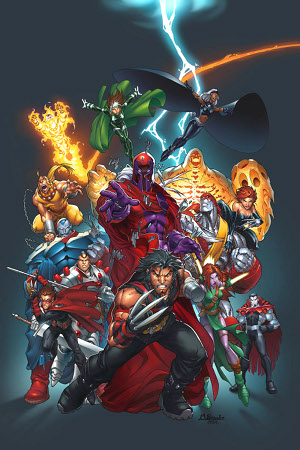 |
In some ways, the X-Men is like a more mature, complex version of Dragon Ball Z, at least in terms of narrative structure. There is always a new enemy to face, but given the expansive cast of characters on both sides of the divide, major storylines routinely take months or even years to play out in the comics world, more so than in most series.
In many of the previous examples, I’ve emphasized the importance of giving the characters breathing room; I’d say the same is true of the overall plot.
Many comic-based TV shows, while fun, adopt something of a Saturday morning cartoon, villain-of-the-week feel, The Flash and the first few episodes of Marvel’s Agents of S.H.I.E.L.D. among them. That’s fine, but it doesn’t really fit in with the X-Men mold.
Whether the X-Men are going to take on Magneto and the Brotherhood or whether they’re tangling with Larry Trask and his soulless Sentinel program, we want to see ebbs and flows, victories and defeats, and we also want to see lulls in the action where we can explore the interpersonal conflict and camaraderie between our beloved mutants.
The X-Men should not feel episodic; it should feel like a continuous story played out through a continuous shifting of characters, settings and themes, which brings me to my next point.
4. Diverse Subject Matter and Social Commentary
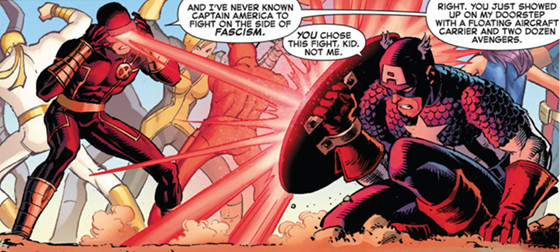 |
The X-Men series on film has adopted a dark and often somber tone, albeit with moments of levity. We don’t have to completely abandon that, as the story is one of collective struggle in the face of constant and ever-changing adversity. When the X-Men think they’re on top, they get knocked down again; just when they think humanity is on their side, they’re reminded just how different – how alone – they really are.
These are serious themes and they should be treated as such, but a TV series will allow you to focus on each and many, rather than choosing between either or. You can have light moments in an otherwise dark X-Men movie, but it’s still a dark movie. On film, you need to pick and choose your battles, crystallizing your central theme and hammering it into the audience over the course of two hours.
TV has no such limitations, and one 23-episode season can cover more thematic material than the entirety of the X-Men saga on screen has managed to compress. You don’t need to pass each story arc or character arc through a market research department (I hope?) on the small screen.
Perhaps more than any other comic book team, the X-Men have had a lot to say about our real world sociopolitical climate, but they’ve done so through the sheen of addictively entertaining runs. Let’s bring that magic back.
3. No Spotlight Stealers (Aka. Wolverine Effect)
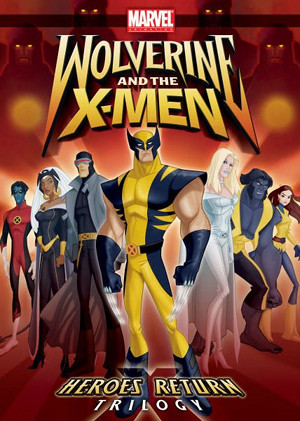 |
Wolverine is a character of extremes, both in terms of his onscreen and on-page personality and in audience reactions to him. But one thing we can say unequivocally is that Hugh Jackman’s iconic badass has had a negative impact on many of the other X-Men in the movie series, most notably Scott Summers.
When you’ve only got two hours to tell a story, and when you’ve spent hundreds of millions of dollars on said story, you need to make sure you’re giving the people what they want to see – only, FOX seems to believe that all the people want to see is Wolverine.
Granted, they do want to see him, but not at the expense of never seeing anyone else get his or her day in the sun. The X-Men are chock-full of fascinating and complex characters, and a TV series would be able to feature them on a scale largely unaffected by big budget studio considerations or star power. Granted, this is a bit of a call-back to a TV series having the freedom of a larger cast, but it’s also about character depth. It doesn’t always have to be a case of quality versus quantity, as it often is in the movie world; sometimes you can have both, and TV makes that a whole lot easier.
Casting unknowns in the roles of classic and never-before-seen mutants puts a fresh coat of paint on the whole package, letting audience expectations slip by the wayside in favor of telling the best story possible and using the characters to their full potential.
2. Mutants Are Drama Queens, and That’s a Good Thing
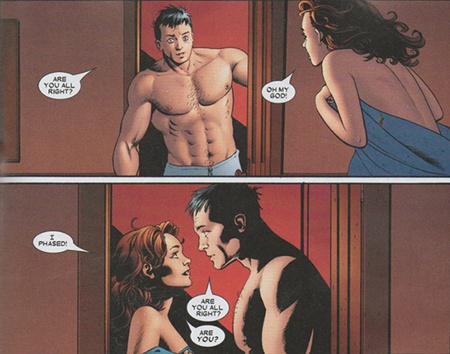 |
We’ve seen the X-Men in action epics, but let’s not kid ourselves – Days of Our Lives has absolutely nothing on our favorite dysfunctional mutants. The X-Men TV series will be a soap opera that doubles as a superhero show that triples as an action series, and that’s not a bad thing.
Far from it.
Whether you’re talking about the awkward, albeit effective romance and Legacy virus drama between Colossus and Kitty Pryde, Cyclops’s constant flitting from one psychic lover to the next, the secrets Xavier keeps from his most trusted pupils or the classroom shenanigans between the youngsters roaming around the X-Mansion’s mahogany-laden hallways, the X-Men aren’t shy about expressing their emotions. And that’s absolutely perfect for a television series.
There are so many disparate personalities at play here that the powers and battles will naturally be secondary to whatever interpersonal drama is going down between the mutants. Friendships will form and break, relationships will do likewise and the team dynamic will keep characters and audiences on their toes throughout.
The X-Men are not the Avengers; saving the world is as often an unintentional side effect of whatever selfish mission of self-preservation or revenge they’re on as not, but we love them because of their imperfections rather than in spite of them. As it so happens, that’s exactly how a lot of them feel about each other.
1. Give the X-Men a Big Universe Feel Ala. Marvel and DC
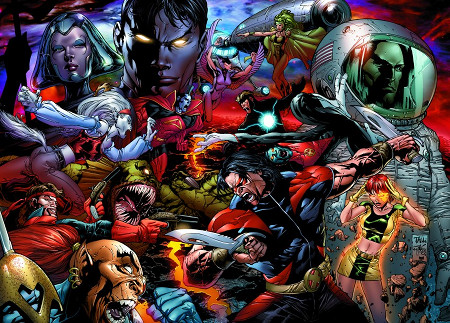 |
This point may not be super important to a healthy portion of the viewing audience, but to hardcore X-Men nerds, it has long been something of a sore point of contention seeing their favorite mutants playing out their inconsistent and only sometimes great dramas in the barely linear FOX movieverse.
DC is just beginning to rev up their movie slate, but their TV universe is running on all cylinders. Even if it’s not connected to the cinematic universe, the presence of both sides of the coin creates a sum effect in pop culture that is greater than its constituent parts. This is even truer for Marvel, which has made the conscious decision to make their TV and cinematic properties part of the same overarching narrative.
We don’t need to see the TV X-Men cross over into the movies and vice versa, but just knowing that there’s a bigger world out there with all manner of mutant dramas, comedies, tragedies and soap operas playing out would finally make the X-Men feel comparable to the other big kids on the playground.
Previously by Steven Kelliher
“13 Times Character Deaths Pissed People off Rather than Adding Gravitas”
“The 10 Nerdiest MMA Fighters and How They’d Take You Out”
“6 DBZisms Dragon Ball Super Should Keep Intact (and 6 They Should Leave on Planet Namek)”
“7 Movie Action Scenes So Badass They Make You Giddy”
“8 Spider-Mannerisms Peter Parker Must Carry Into the Marvel Cinematic Universe”
“The 9 Greatest Years in the Life of Studio Ghibli”
“8 Fantasy Book Series You Should Check out if You Love Game of Thrones”
“The 10 Best Video Game Cinematic Trailers (for Terrible Games) of All Time”
